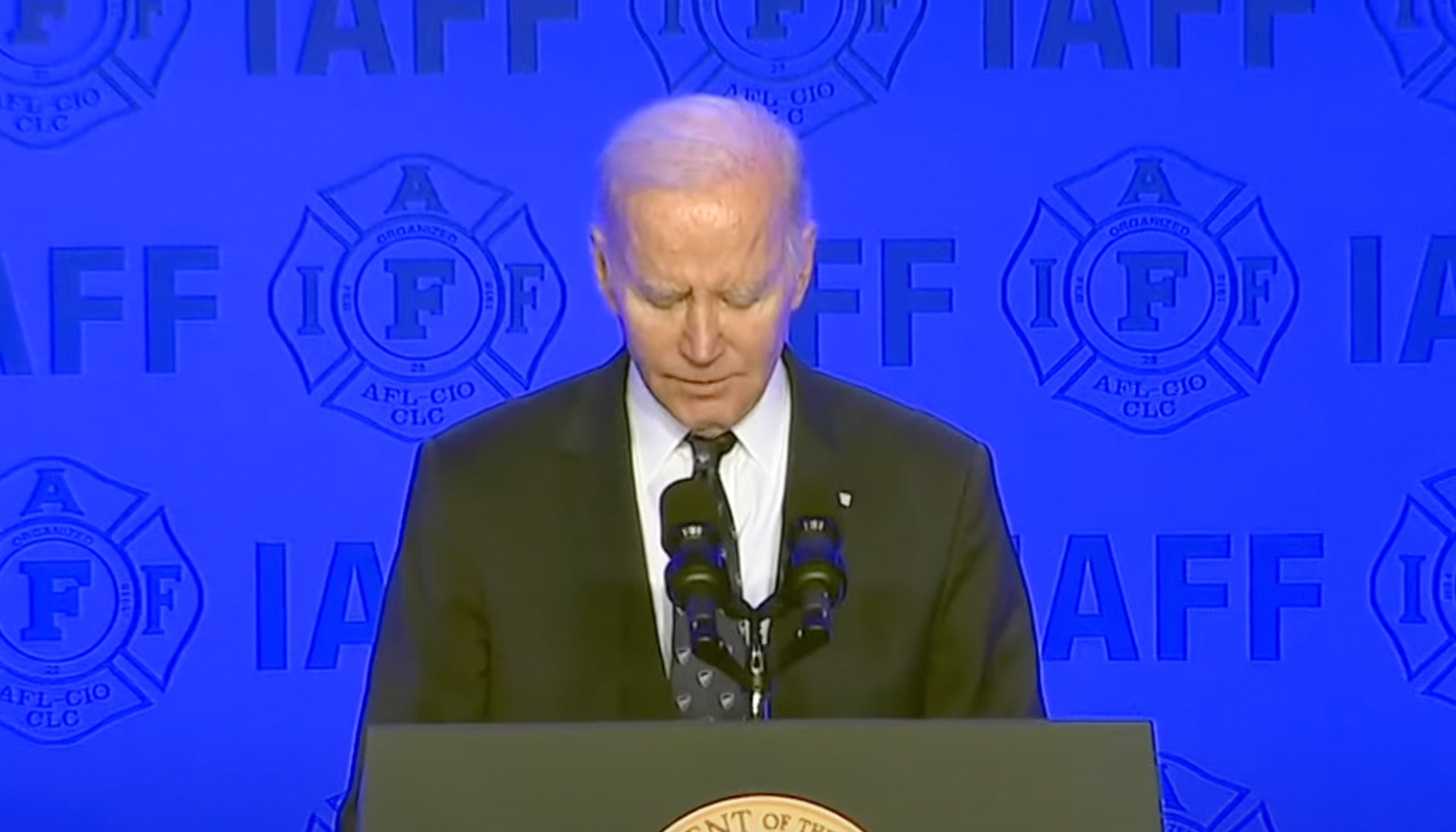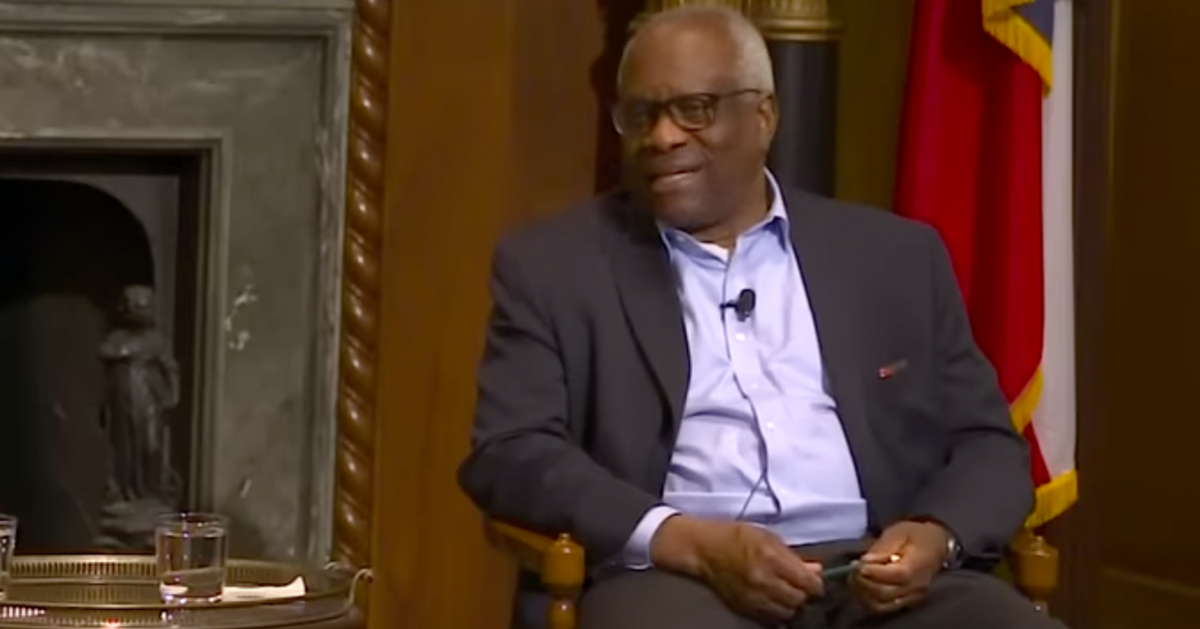Biden Misstates Uncle's WWII Death While Critiquing Trump's Military Leadership
In a recent speech in Pittsburgh, President Joe Biden intertwined family history with political critique, resulting in factual inaccuracies about his uncle's World War II service.
While honoring his uncle’s military service, Biden inaccurately described the circumstances of his death, contrasting this service with Donald Trump’s alleged remarks about veterans, as the AP reports.
The Incident Biden Described Versus the Actual Facts
Biden claimed that his uncle “got shot down in New Guinea” during the war, an event he described amidst an environment where there were "a lot of cannibals.” However, this account does not align with historical records.
According to the Pentagon’s Defense POW/MIA Accounting Agency, Lt. Finnegan actually perished in a plane crash due to engine failure over the Pacific Ocean, not from enemy fire.
Furthermore, there is no evidence in government records supporting the presence of cannibal activity in relation to Finnegan's death.
Biden's Misrepresentation in Historical Context
During the speech, Biden also erroneously stated that his uncles enlisted the day after D-Day, June 1944. Records show they enlisted shortly after the attack on Pearl Harbor in December 1941, underscoring another discrepancy in Biden's retelling of family military history.
This is not the first instance of Biden publicly discussing his uncle. In his 2008 book, he briefly mentioned Lt. Finnegan as a flyer who was killed in New Guinea, touching on similar themes of service and sacrifice.
Responses to Biden's Speech
The White House moved quickly to clarify the President's statements. Spokesman Andrew Bates emphasized Biden's pride in his uncle’s service and acknowledged the crash as the cause of death, occurring “after taking off near New Guinea.”
In contrast, former President Trump has refuted claims made by some of his former officials that he disparaged fallen service members, responding vehemently to such accusations.
Historical documents add a layer of solemnity to the event, such as a condolence telegram sent by General Douglas MacArthur to Finnegan’s family, which expressed deep sympathy for their loss and highlighted the significance of service.
Personal Traditions and Public Statements
Amidst these public discussions, Biden shared a personal ritual: he practices saying three Hail Marys at the gravesites of family members, a tradition that he finds comforting.
This practice was mentioned to underline the personal connection and respect Biden holds for military service, tying it back to his critique of Trump.
He uses these personal anecdotes to emphasize the reverence he believes all military personnel deserve, contrasting it with what he perceives as Trump's lack of respect.
Conclusion:
In summary, President Biden's speech intended to honor his uncle and highlight respect for military service inadvertently included factual inaccuracies about his uncle's service and death. These errors spanned details of the crash, the nature of the conflict in New Guinea, and the timeline of his uncles' enlistment.
Despite these inaccuracies, the intent behind Biden's narrative was to draw a stark contrast between his views on military respect and those attributed to former President Trump. As this story unfolds, it continues to stir discussions on how leaders should honor and speak about veterans and their sacrifices.






